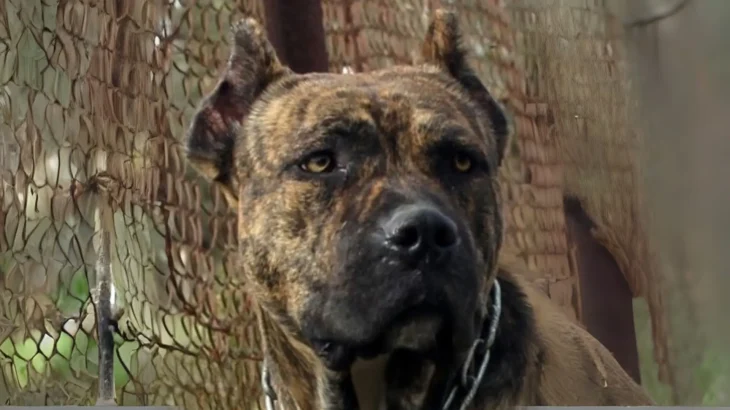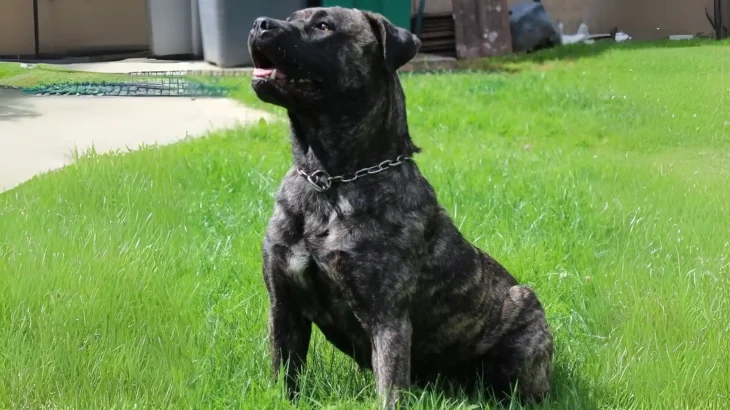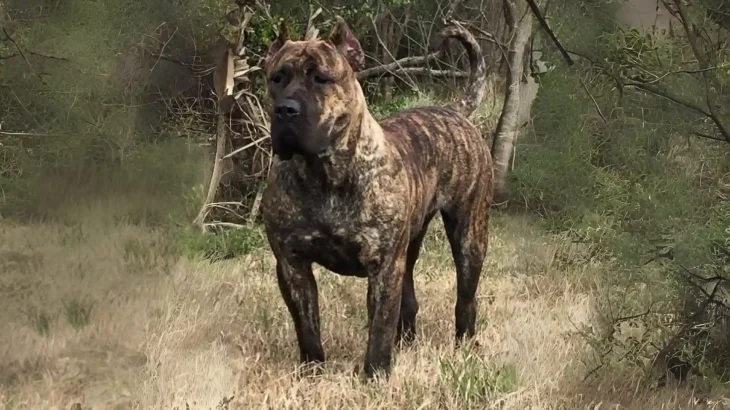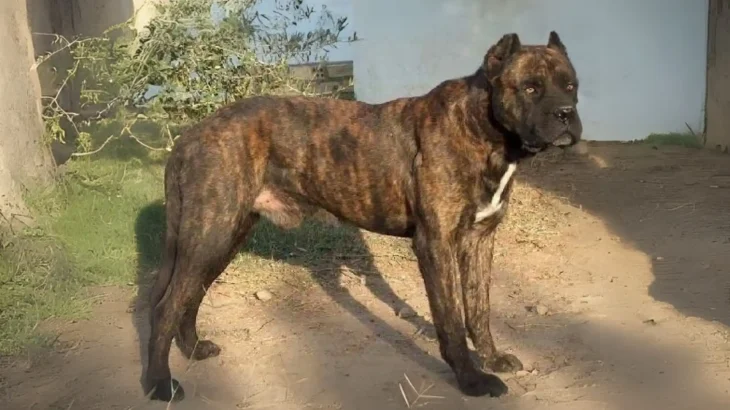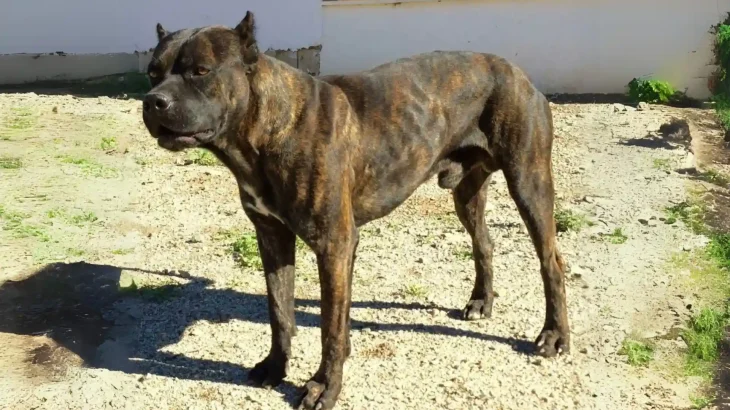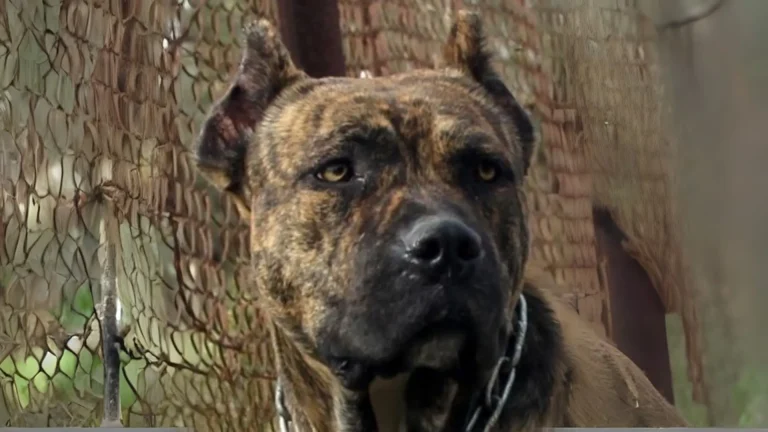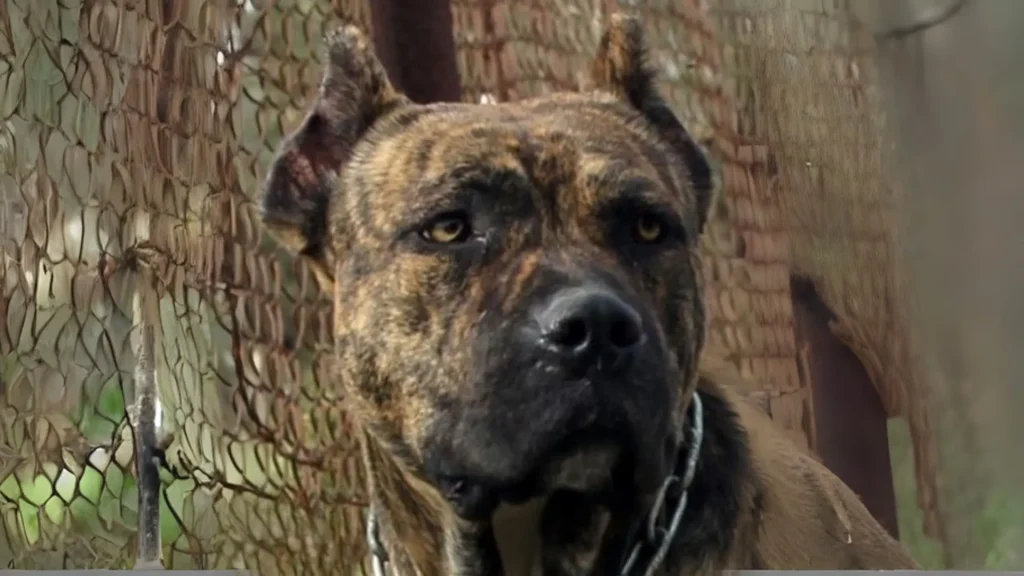Deciding whether to adopt or purchase a Gran Mastin de Borinquen puppy involves weighing factors like cost, health transparency, and ethical considerations. Buying from a breeder often ensures purity and detailed lineage, while adoption offers a chance to provide a loving home to a dog in need. Each option holds distinct benefits and challenges specific to this unique breed.
Adoption vs. Breeder: Pros & Cons
| Criteria | Buying from Breeder | Adopting from Shelter/Rescue |
|---|---|---|
| Cost | Higher upfront cost due to purebred status and breeder reputation. | Lower fees; adoption often includes initial medical care. |
| Health History | Comprehensive health screenings and genetic info typically provided. | Health backgrounds may be less detailed but basic checks usually done. |
| Age Availability | Primarily young puppies, allowing early bonding and training. | Variety of ages available, including adults needing homes. |
| Breed Purity & Pedigree | Pedigrees are guaranteed, maintaining breed standards. | Breed purity is uncertain or mixed, but companionship quality remains high. |
| Ethical Considerations | Supports responsible breeding when breeder is ethical but risk exists if not careful. | Provides a home to dogs who might otherwise be homeless or euthanized. |
| Return Policy & Support | Often offers post-purchase support, advice, and sometimes a return policy. | Limited support after adoption; policies vary by shelter. |

